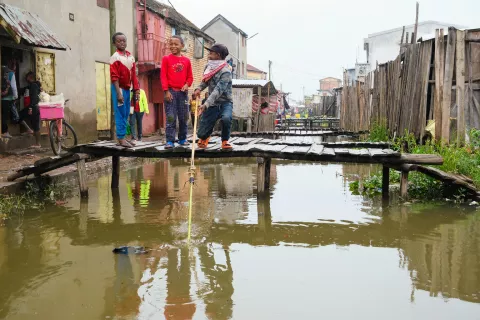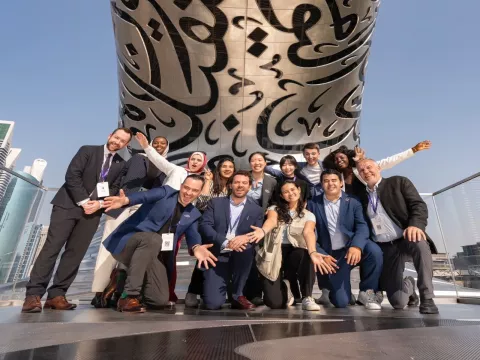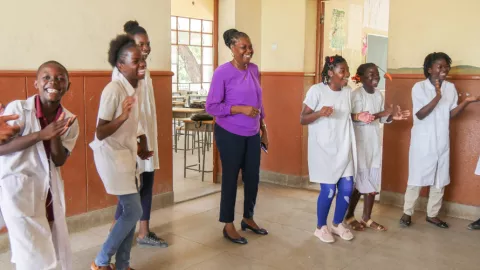Getting into the Game
Understanding the evidence for child-focused sport for development

Highlights
Sport is a powerful means by which to engage all children in activities for personal and social development and to help them achieve their full potential. From an early age, sport provides children – including the most marginalized – with the opportunity to develop their physical abilities and health, to socialize, to build leadership skills, to foster lifelong learning and to learn as well as to have fun. Furthermore, to engage in play and recreational activities is a child’s right: The United Nations Convention on the Rights of the Child (art. 31.1) clearly establishes “the right of the child to … leisure, to engage in play and recreational activities appropriate to the age of the child…”.
As first of its kind global study, this report aims to address the dearth of evidence on the implementation and impact of S4D policy and programming for children. To do this, the report assesses, systematizes and maps existing evidence on S4D policies and programmes through desk-based research. Quality counts, so each chapter first assesses the evidence for its conceptual coherence, methodological and analytical strength, relevance/generalizability to the S4D field at large, and ethical considerations, before discussing the main messages and recommendations to come out of the evidence.
The key messages and main conclusions have also been developed by seeking programming information from S4D programming both within UNICEF, the Barça Foundation and around the world.





